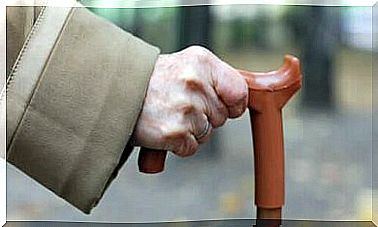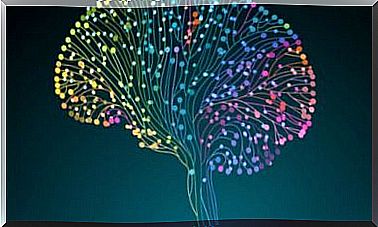Emotional Responsibility

Being responsible involves taking charge not only of our own behaviors, but also of our thoughts and feelings; ultimately, our existence.
During our life, when we establish relationships with others, most often, we talk with ourselves, while we think we are in the middle of a dialogue with one of our loved ones.
We put all those things that we are not ready to assume on the backs of others. In other words, we project responsibility for our emotions onto others, by attributing to them.
Most of the comments you make about others are actually pale, hidden statements that you make directly to yourself.
By observing others, we can therefore see a faithful reflection of what is happening to us.
The outside speaks to us and serves as a mirror to us, if we are willing to see all these things that we still have to resolve. Isn’t it time to take charge?
“If I feel like this, it’s because of you”
We are all used to making others responsible for our emotions, just as we believe we are responsible for those of others. Instead of focusing on ourselves, we shift the problem.
Thus, if one of our relatives does not feel well, we believe we are responsible for their condition, and we try to remedy it, as if we knew very well how to resolve the suffering of others.
On the contrary, when we feel bad, we throw all responsibility, whether on another person or on the situation.
Who are we giving control of ourselves to?
The fact of being responsible for the emotions of others, can represent a rather heavy weight, to the detriment of our individual development.
Likewise, when we are badly, we always look for the culprit elsewhere. However, it is not a question of finding the culprits, but rather of managing one’s own emotional responsibility.
How many times have you said “You piss me off” or “You make me feel bad” ?
It is about identifying the emotions that certain circumstances generate in us. Try to deal with your hate, jealousy, anger or sadness, because the answers are indeed within you.
Let’s stop looking for external reasons, let’s look inward instead, and continue to mature.
If you don’t take charge of your emotions, then who will? Others ? The situation ?
Taking charge of your emotions does not necessarily mean not expressing what you feel, or not showing your feelings in relation to others.
Rather, it means that you need to be responsible for your emotions, instead of entrusting others with the power of your well-being.
You must take the reins in order to grab this power that is yours.
You have the right to be bothered by something that has happened to you, just like anyone else.
But if you recognize your emotional responsibility, everything will be more satisfying to you.
Indeed, you will find yourself in a process of discovery and personal growth during which any discomfort, whether due to others or to the context, will be an opportunity for you to continue to know yourself more.
We are more often at the expense of others and circumstances than of ourselves.
It also happens when we talk about our loved ones. When you give your opinion about someone or criticize them, try to be a little more aware of what you are saying.
In fact, most of the time, you are just as concerned about what you say about others.
“I take responsibility for my emotions”
First, we must accept that there is the possibility of projecting ourselves onto the other. This is not easy, if we take into account the fact that sometimes we are not able to assume our responsibility, and we move it elsewhere.
This is why we tend to resist, and not to take responsibility for our reactions, or even to realize it.
“You don’t annoy me, it’s me who annoys me because of what you did or what happened”, “I feel anger, sadness or hatred because of the different circumstances that present themselves to me. I don’t reject them, I don’t avoid them, but I accept them in order to see what I can do with them. I am responsible for myself above all. ”
When we make ourselves responsible, we assume all that belongs to us, that is to say the ownership of our feelings, our thoughts, our actions and the consequences.
Once you become aware of all of this, observe yourself, and discover all of these things that you are going to leave out, so that you can work with them and continue to evolve and mature.
But be careful, because it will not be an easy task. Often times you will have to face contradictions because your ego loves to protect itself.
However, this process of self-discovery, with its assertions and contradictions is perhaps positive, because ultimately, we can succeed in integrating and anchoring them in us, as we go.









